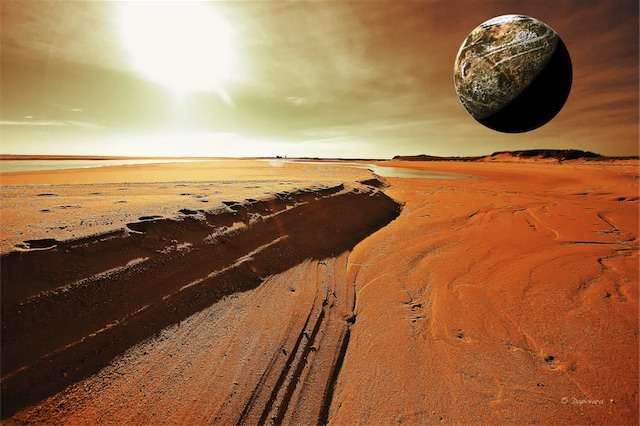Radiation from deep space travel could "significantly damage" gastrointestinal tissue and lead to major damage to the stomach and colon, possibly even causing cancerous tumors to develop, according to a NASA-funded study by Georgetown University Medical Center (GUMC) cancer researchers.
In the study, which was recently published in the Proceedings of the National Academy of Sciences of the United States of America, the effects of heavy ions — a charged atom or molecule — were tested on mice. They ran tests on three groups of rodents: those exposed to a low dose of iron radiation, those exposed to gamma rays (similar to X-rays) and another group that was left alone, or the control group.
Scientists discovered damage to intestinal cells in the group around iron radiation, something astronauts would be at risk of while in space for an extended period of time. The mice in that group "did not adequately absorb nutrients and ... they formed cancerous polyps," the study found.
“Heavy ions such as iron and silicon are damaging because of their greater mass compared to no-mass photons such as x-rays and gamma (g)-rays prevalent on Earth, as well as low mass protons in outer space,” Kamal Datta, senior investigator on the study and a project leader of the NASA Specialized Center of Research at GUMC, said in an online statement.
Currently, there's no effective way to protect astronauts from heavy ion radiation, Datta argued.
“While short trips, like the times astronauts traveled to the Moon, may not expose them to this level of damage, the real concern is lasting injury from a long trip, such as a Mars or other deep space missions which would be much longer," he explained.
More about: #Mars
















































